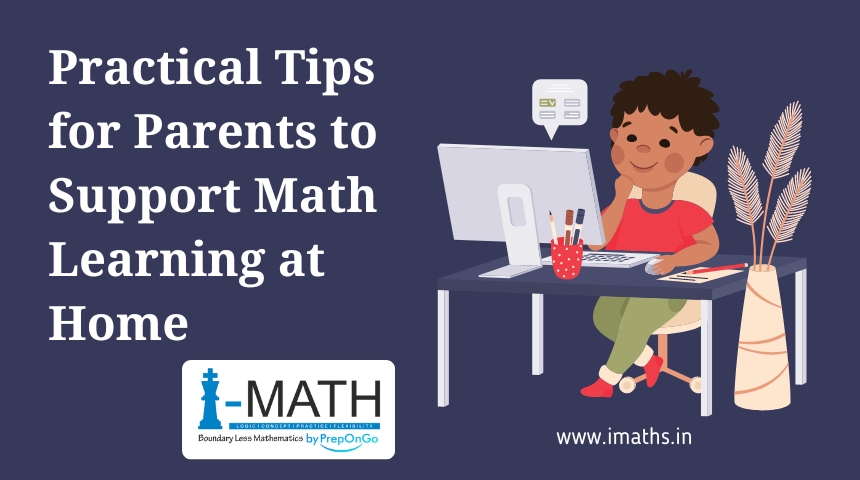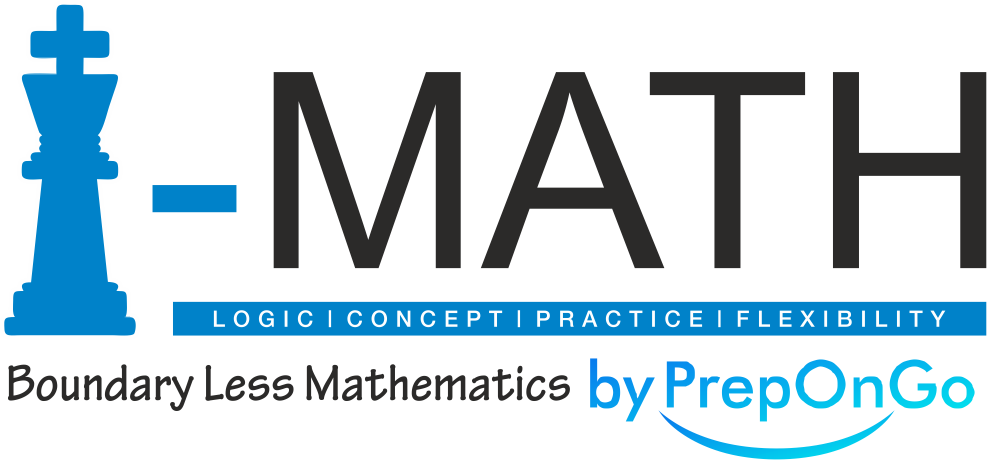Practical Tips for Parents to Support Math Learning at Home

Supporting your child’s math learning at home is crucial for their academic success and confidence in math. With the right strategies, parents can create a positive and enriching math environment. Here are some practical tips to help you support math learning at home effectively.
1. Make Math Part of Everyday Life
Incorporate math into daily activities to show its real-life applications. Cooking is a great opportunity to teach measurements and fractions. While shopping, you can discuss prices, discounts, and budgeting. These activities make math practical and relevant.
2. Create a Math-Friendly Environment
Set up a dedicated space for math activities with all the necessary supplies, such as pencils, paper, calculators, and math games. Ensure the space is quiet and free from distractions to help your child focus on their math tasks.
3. Use Technology Wisely
There are numerous educational apps and online resources designed to make math learning fun and interactive. Websites like Khan Academy, IXL, and Math Playground offer engaging math exercises and tutorials. Use these tools to supplement your child’s learning.
4. Encourage a Positive Attitude Towards Math
Your attitude towards math can influence your child’s perception of the subject. Avoid expressing negative feelings about math and instead, emphasize its importance and your confidence in their ability to succeed. Praise their efforts and progress, not just their achievements.
5. Play Math Games
Math games are a fun way to reinforce math skills. Board games like Monopoly, card games like Uno, and puzzles like Sudoku all incorporate math concepts. These games help children develop critical thinking and problem-solving skills while having fun.
6. Practice Regularly
Consistency is key to mastering math. Set aside regular time each day for math practice. This could include homework, additional worksheets, or math-related games. Short, daily practice sessions are more effective than infrequent, longer sessions.
7. Work on Problem-Solving Skills
Encourage your child to tackle math problems by themselves before seeking help. Guide them through the problem-solving process by asking questions that lead them to the solution. This helps develop their analytical skills and builds confidence in their ability to solve problems independently.
8. Connect Math to Interests
Relate math to your child’s interests to make learning more engaging. If they love sports, discuss statistics and scores. If they enjoy art, explore geometric shapes and patterns. Connecting math to their hobbies makes learning more enjoyable and meaningful.
9. Read Math-Related Books
There are many children’s books that incorporate math concepts. Reading these books together can make math fun and accessible. Books like “The Math Curse” by Jon Scieszka and “Sir Cumference and the First Round Table” by Cindy Neuschwander offer entertaining math stories.
10. Seek Help When Needed
If your child is struggling with math, don’t hesitate to seek additional help. This could be in the form of a tutor, extra classes, or online resources. Sometimes a different explanation or approach can make a big difference in understanding.
Conclusion
Supporting math learning at home is about creating a positive, engaging, and consistent learning environment. By integrating math into everyday activities, encouraging a positive attitude, and using available resources, you can help your child build a strong foundation in math. Remember, your support and involvement play a crucial role in their success.




